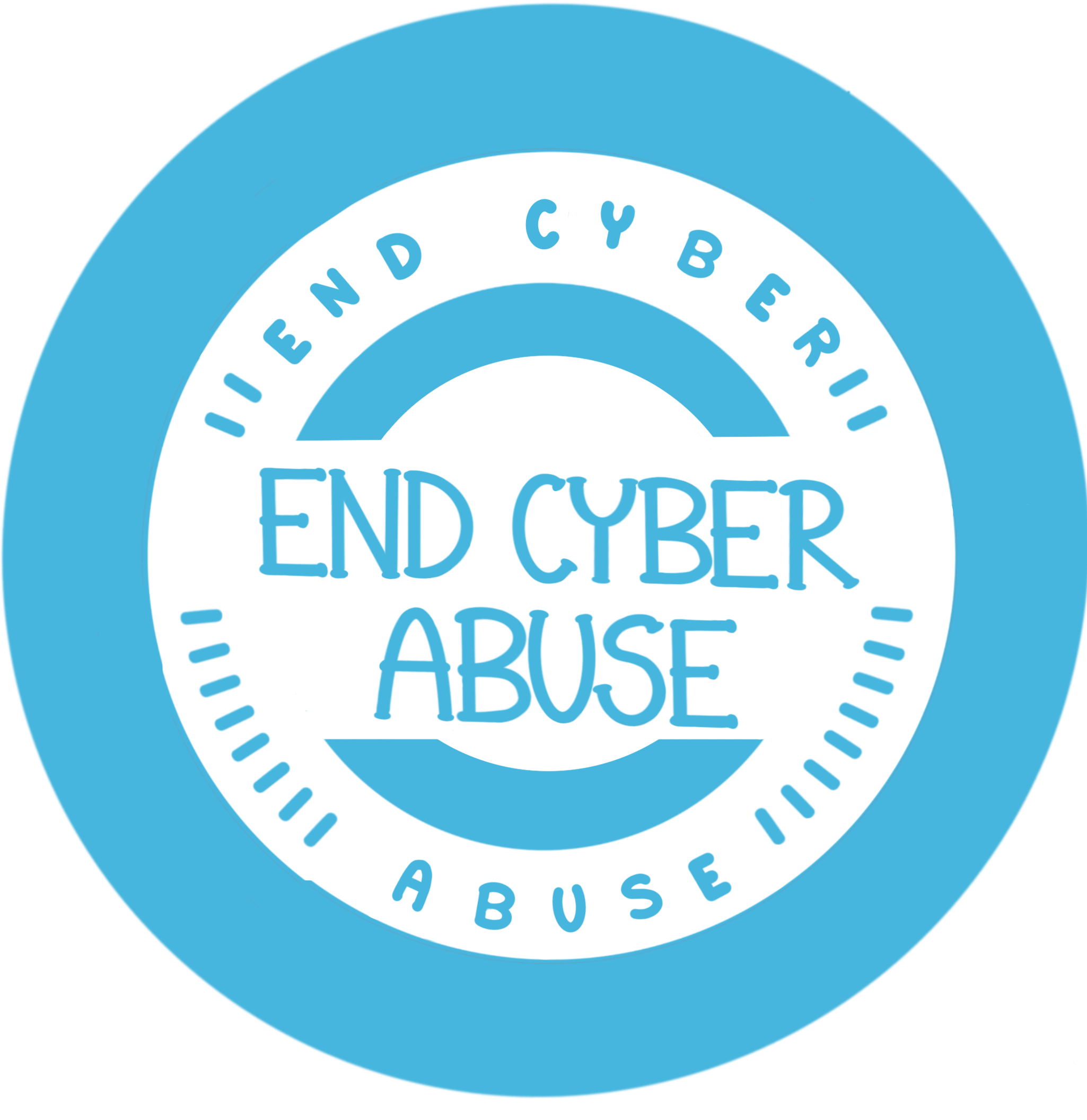This article has been authored by End Cyber Abuse team members, Esha Meher and Sailaja Darisipudi. Views and opinions expressed are those of the authors’.
When you are a little girl, they tell you you can be anybody. You can be a veterinarian, an astronaut or the President of your country! The world is an oyster and you have just begun your voyage. But as the days pass, you meet the creaks and the bends, the conditions and the contradictions and their tone shifts: “you can be anybody as long as you follow the rules.” But who creates these rules?
From bars to beaches and castles to classrooms, from being the voter to being the one voted for, there is always a ceiling waiting to be broken. With twenty-first century politics, it is no different. It is believed that the world is now steadily standing on pillars of equality and rule of law. Those who denounce this are looked upon with suspicion and those who celebrate it are held high as leaders of the free world. But the question of how free the free world is remains lurking in the shadows of modern democracy.
The United States went to polls amidst a deadly pandemic this year. The lengthy election process brought public life to public scrutiny. With every aspect of professional and social life having gone virtual, one is now at the mercy of the faceless powers of the internet. Anonymized, irresponsible and sometimes cruel, the internet is detached from the real world in many ways, but also serves as its extension in culture and practice. Stereotypes, prejudices and unwritten norms make their way into the visible world of the world wide web.
As the Covid-19 pandemic, has raged on, so has the amount of online abuse experienced by women and non-binary people. Image courtesy of End Cyber Abuse and statistics courtesy of Glitch UK.
The electoral race began, and the rules of the game unfurled. When canvassing for power, one is a potential law maker. One with all their glory and shame. Promises and plans to make the next few years better for the people they serve. One such person is Katie Hill.
Katie Hill is a social services administrator turned politician from California. She served as the U.S. Representative for California’s 25th congressional district from January to November 2019. She not only broke the glass ceiling by entering the hallowed halls of a power as a woman, but also as an openly bisexual person. She gained massive popularity as an able policy maker and an astute politician. However, in 2019, Hill was forced to resign after experiencing image-based sexual abuse (IBSA). Hill’s ex-husband allegedly leaked intimate images of her with a female staffer on her campaign, which were published on right-wing outlet RedState. The outlet also alleged that Hill was carrying on an affair with a male Congressional staffer — which Hill denied. While it is inappropriate to engage in a romantic relationship with a subordinate in a professional setting, Hill was politically crucified for an act for which there was little evidence. Katie Hill’s gender only deepened the scrutiny she faced in the wake of the images being published. Despite being the victim of a crime, Hill received death threats and derision. Pressure mounted on Hill to resign from office after a public apology.
A National Study on Sexual Harassment and Assault courtesy of Stop Street Harassment
Another politician recently made headlines regarding an incident of IBSA — this time as a perpetrator, not a survivor. This individual admitted to blackmailing a fellow classmate with stolen intimate images and verbally harassing another to the point of suicide. They were accused of being a violent partner during the peak of their political career. These allegations were public and they acknowledged the actions attributing them to a troubled past as a teen. When confronted, they responded with a hearty public apology, similar to Hill’s. However, once the apology was offered and accepted, they moved on. In fact they were recently elected to the Kansas House of Representatives. Their name is Aaron Coleman.
Coleman further went on record last week to threaten Kansas Governor Laura Kelley. In a tweet on November 4, 2020, Coleman wrote that Kelly would face an “extremely bloody” primary in two years, and that “I’m not playing around. People will realize one day when I call a hit out on you it’s real.” Coleman later suggested in an interview that perhaps “hit” wasn’t the best word choice, but he also added, “really, at this point, nobody can really stop me.” Coleman’s words are telling. Throughout the entire arc of the revelations, Coleman has deftly rewritten the narrative to cast himself as the victim. Resigning for a few days after the news of his abuse broke, he came back and dismissed the allegations as “sustained attacks” on his character. Kansas House Minority Leader Tom Sawyer has vowed to block him from representing Kansas’s 37th District and work with Republicans to find a replacement. Yet with Coleman not facing any serious consequences for his behavior so far, it is no wonder Coleman is confident he will not face any in the future: men like him rarely do.
Aaron Coleman and Katie Hill may have had similar goals or career trajectories, but their fate has been a study of contrasts. One had intimate images published without her consent and suffered dire judgement and consequences. The other distributed intimate images without consent, was a violent partner and verbally threatened someone, with almost no consequences. One was a survivor of a crime and the other a perpetrator. Coleman fulfilled the role set out to him by the patriarchy: demand sexual favors from unwilling women, offer a half hearted apology and continue his path to power. Hill broke the rules. She was a woman in power confidently expressing her sexuality. And that made people angry.
Courtesy: End Cyber Abuse
In the increasingly common cases of impunity in the face of IBSA, the reasons are twofold. One is the relative benignity assigned to virtual crimes and the second being the perception that the public sphere is still a man’s (read: cis-het white male) sphere. Any woman or a non male person would either have to “masculinize” themselves or desexualize themselves and hold themselves to a much higher standard of “propriety” and/or ethics than their male counterparts.
The image of an all powerful Angela Merkel in her pantsuits and short hair fills headlines every week, as people accept her as their powerful, “not-too-feminine” leader. Merkel, who refuses to identify as a feminist, has calmly held on to the helm of power in Germany for more than a decade now. But even that has not rendered her immune from comments like those from Alexander Gauland, the leader of Germany’s far-right political party AfD, who asked, “Are there no men left in the CDU [Merkel’s party]?”
Men like Donald Trump, Brett Kavanaugh, Clarence Thomas, George H.W Bush and a litany of other public figures have been called out for sexual assault, harassment and improper behavior. Lists were made. Tweets were posted. But at the end of the day, they all went home and continued with their lives with minimal consequences. Their promising career, academic brilliance, sometimes even potential athletic prowess have all come handy in purging them of sexual misconduct allegations. Women, on the other hand, if associated with similar acts, almost invariably face accusations and life-long labels of being promiscuous, depraved and that of a femme fatale.
A closer look at the offence takes us through a spiral of policies, instances and legislations which have attempted to regulate the web for gender-based violence. What results in impunity for tech based offences is the little understanding that legislators and public at large have about the workings of technology. The white cis-het male dominated tech sector encompasses these limited identities in algorithms that propagate the same biases that the world has. While there are countless protective features preventing financial fraud or fraudulent sale of property, there is little or no protection against threats faced by women and nonbinary people in cyber space including gendered violence like IBSA. While IBSA is criminalized in 46 states in the US, as well as the District of Columbia and one territory, there is limited public awareness of the seriousness of the crime and the toll it can take on victims. The popular perception still remains an anti victim one, which is highlighted by victim shaming and paucity of scrutiny for perpetrators.
A similar double standard has surfaced in platform policies of social media giants. When Donald Trump was diagnosed with COVID-19 in early October, Twitter banned “tweets that wish for death, serious bodily harm, or fatal disease against anyone” from their platform. Yet when politicians like Alexandria Ocasio-Cortez and Ilhan Omar received a daily barrage of death threats and harassment on their platform, they remained silent. A study revealed that 83 percent of tweets directed at Speaker Nancy Pelosi included attempts to shame, intimidate or discredit her. The same research showed that female legislators are 3.5 times more likely than male legislators to receive threats of bodily harm on Twitter, and that women of color politicians are twice as likely as their white women counterparts to receive tweets mentioning their gender or body. And yet, it is the white male politician that Twitter chose to protect. An offence is only codified as one when the victim is a man.
Courtesy: End Cyber Abuse
Countries worldwide are waking up to the menace of gender-based cyber crimes and in particular, that of IBSA. Laws are being written, and punishments codified. But the eradication of such a phenomena can only happen when the root cause is eradicated. Only when women’s bodies and their images are no longer made the repositories of their honour and acumen, can these laws serve their real purpose. It isn’t enough to tell young girls that they can be anything. We must do the work to ensure that the real and digital worlds we live in are free from the gendered violence that defines the Internet today. Only then, can those wide eyed girls truly be anything they want to be.
Courtesy: End Cyber Abuse


